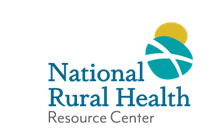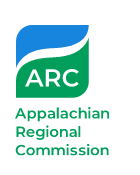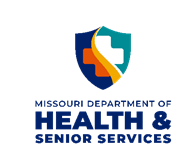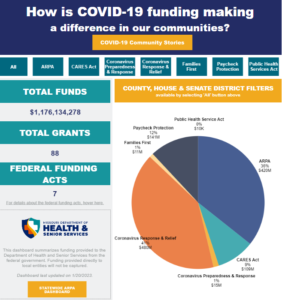January 26, 2023


New Notice of Funding Opportunity Announcement: Integrated Substance Use Disorder Training Program (ISTP) – HRSA-23-090
Integrated Substance Use Disorder Training Program (ISTP) HRSA-23-090
Applications accepted until Thursday, March 23, 2023 11:59 p.m. ET.
The Health Resources and Services Administration (HRSA) released a new Notice of Funding Opportunity (NOFO) to expand the number of nurse practitioners, physician assistants, health service psychologists, counselors, nurses, and/or social workers (including individuals completing clinical training requirements for licensure) trained to provide mental health and substance use disorder services in underserved community-based settings that integrate primary care, mental health, and substance use disorder services, including such settings that serve pediatric populations.
Individuals completing clinical training requirements for licensure refers to individuals who have completed their academic degree, but require a period of supervised training to obtain full licensure.
Eligible Applicants Include:
(a) Teaching health centers;
(b) Federally qualified health centers; community mental health centers, rural health clinics, Health centers operated by Indian Health Services, Indian tribes, and tribal organizations; or
(c) Urban Indian organizations.
View the grant opportunity for complete eligibility information.
Awards: HRSA anticipates awarding approximately $9 million to approximately 17 recipients over a period of five years through this funding opportunity.
Have questions? Join the Technical Assistance Webinar
Date: Thursday, February 9, 2023 Time: 2:00 – 3:30 PM ET
















